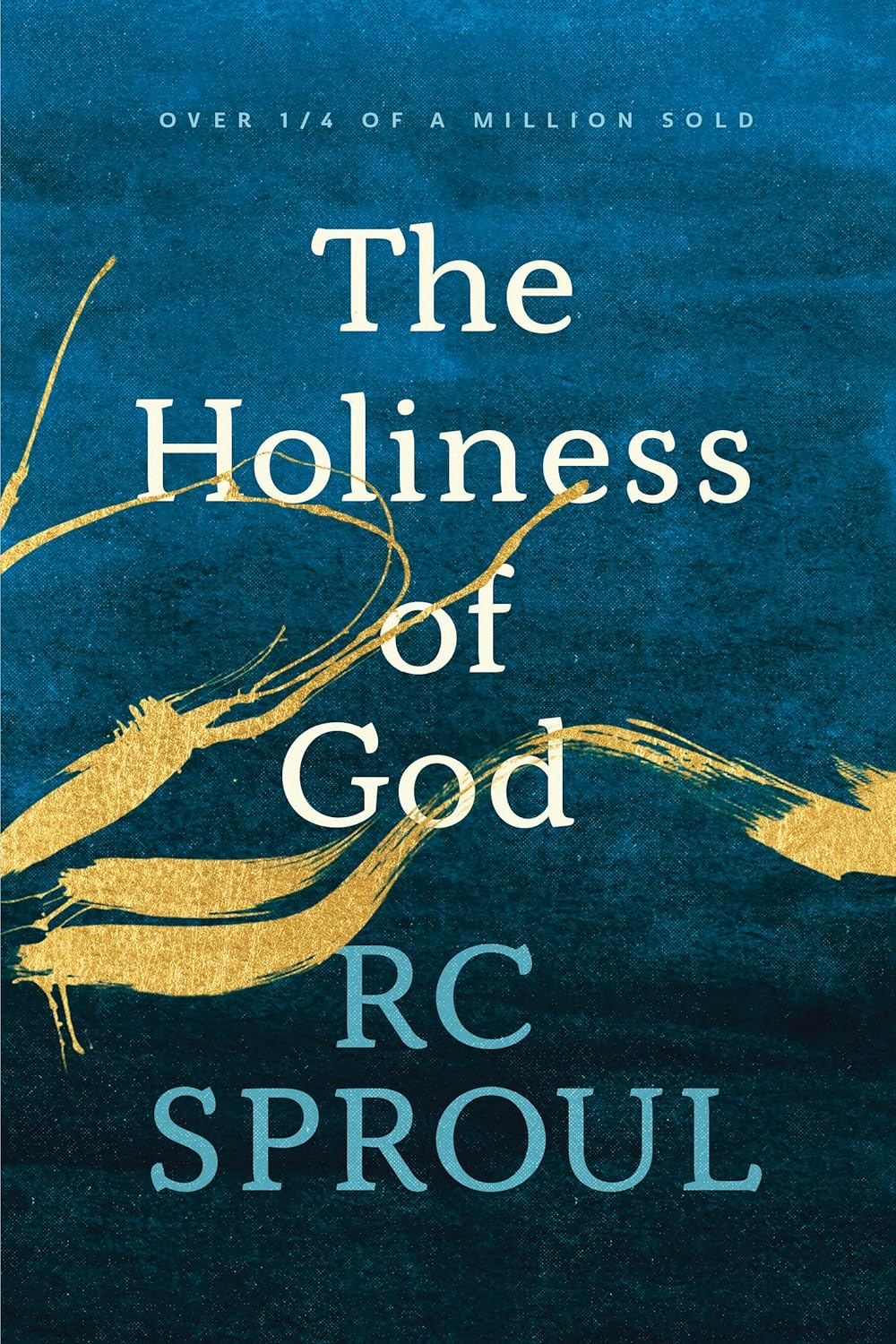A Brief Book Summary from Books At a Glance
by Steve West
Table of Contents
1 The Holy Grail
2 Holy, Holy, Holy
3 The Fearful Mystery
4 The Trauma of Holiness
5 The Insanity of Luther
6 Holy Justice
7 War and Peace with a Holy God
8 Be Ye Holy
9 God in the Hands of Angry Sinners
Summary
Chapter 1: The Holy Grail
One night around midnight when he was in college, Sproul left his bed and went to the chapel. He fell on his knees in a posture of prayer, remaining wordless before God. The presence of God overawed him, and then the peace of God filled his heart. He was a relatively new Christian, and now God drew him closer into his majestic holiness. Earlier that day in philosophy class, Sproul had been taught about Augustine’s view of God creating the world out of nothing. Nothing cannot be clearly thought of since it is complete and utter negation. It was out of nothing that God commanded the world to exist, and his fiat order was obeyed. Again and again God commanded, and again and again his will created metaphysical reality. Contemporary secularists say that nothing created everything, but this is absurdly impossible. God is pure being, and only being can generate anything. It was thinking of God as being and creator that caused Sproul to want to know God deeply. The word holy recurs constantly in Scripture, yet many Christians cannot provide an accurate definition of its meaning. God’s name is holy, and Jesus taught us to pray that God’s name will be hallowed: we are to recognize his holiness and treat God as the holy God he is. We are called to be holy as he is holy, and this calling cannot be fulfilled if we do not understand what holiness is.
Chapter 2: Holy, Holy, Holy
Isaiah is one of the most significant leaders and prophets in Scripture. His calling was unique and God set him apart for ministry in a spectacular and unforgettable way. King Uzziah had been a mighty king, but after growing powerful his pride became his downfall. It was in the year that King Uzziah died that Isaiah was given his incredible vision of the heavenly throne room. Isaiah 6 begins by saying that Isaiah saw the Lord. It is vital to notice that the Hebrew word is Adonai rather than Yahweh. In other words, it is not the personal name of God that is used, but the title Adonai which refers to his sovereign lordship and reign. In the year that King Uzziah died, Isaiah was given a vision of the real King of the universe. Human beings cannot see the face of God or they will die. This was a lesson that Moses learned when he asked to see God’s glory, and God told Moses that Moses could not see his face or he would die. A great promise for the eschatological future is that in glory we will see God face to face. For Isaiah, however, seeing this vision caused him to cry out that he was undone; he was a sinner who lived amongst sinners, and his eyes had seen the Lord.
Repetition is used for emphasis, and the seraphim in God’s presence cry out, “Holy, holy, holy.” This is the only attribute of God that is ever repeated in this threefold way. In the presence of the thrice-holy God, Isaiah felt the depths of his sin and believed he was about to be completely unmade. Instead of death, however, he found that the holy God is also a God of grace. God sent a seraph to bring a burning coal from the altar to press upon Isaiah’s lips, purifying and cleansing him of his sin. Having seen the Lord and been graciously spared and cleansed, Isaiah offered himself in service to God when God asked for a messenger and servant. Isaiah was not undone; he was kept intact and was transformed by his encounter with the God who is holy, holy, holy. . . .
[To continue reading this summary, please see below....]The remainder of this article is premium content. Become a member to continue reading.
Already have an account? Sign In
